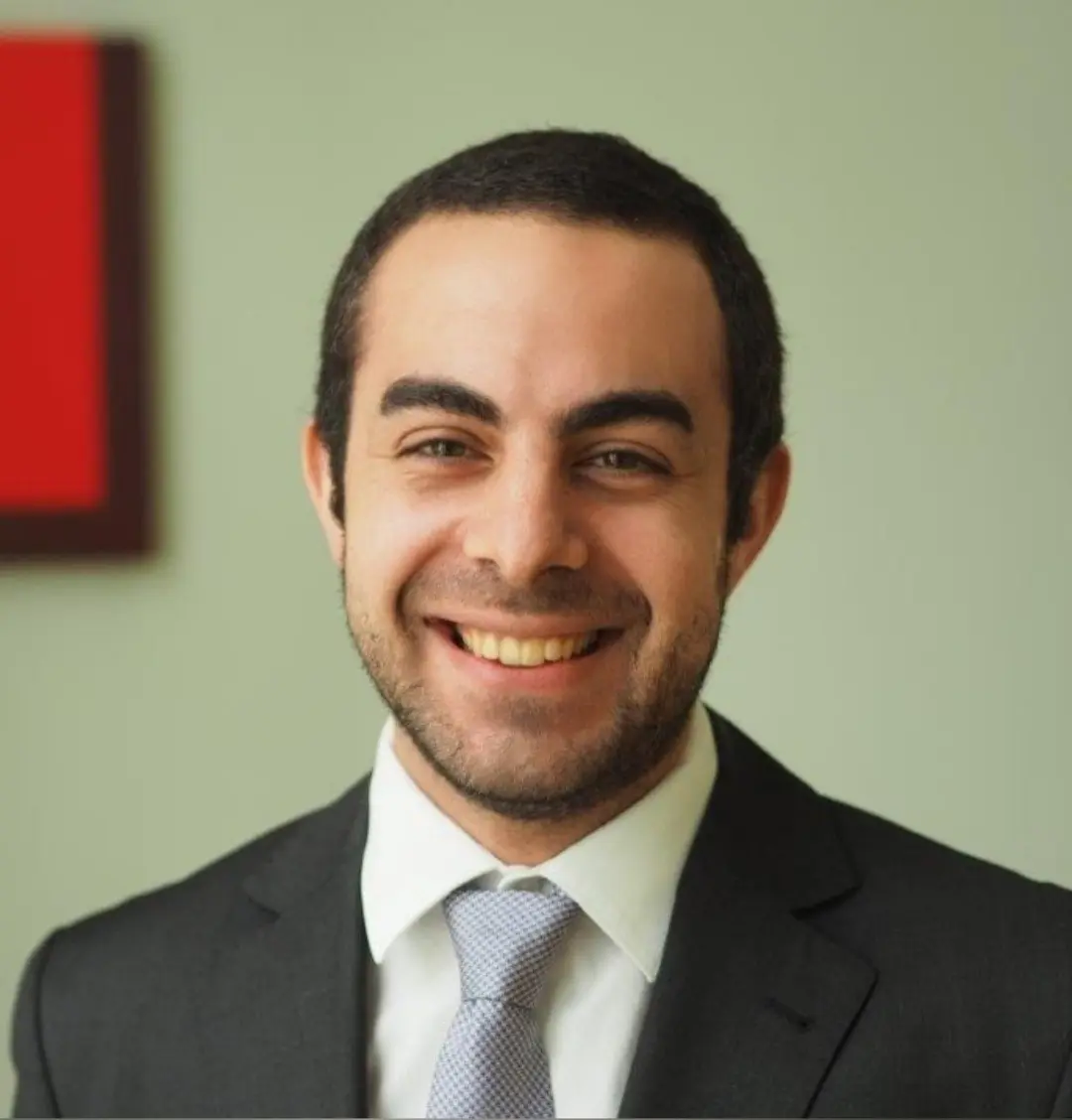Rafic El Hassan is a Lebanese-qualified lawyer. He obtained a Bachelor’s degree in law as well as a Master’s certificate in private law at the Saint Joseph University in Beirut, where he studied both Lebanese and French law. Before moving to Berlin for his LL.M. in 2021, Rafic worked as an associate at a major law firm in North Lebanon.
INTRODUCTION
From its Mediterranean coastline, the first commercial ships had roamed the world. From its cities, the first alphabets were adopted all over Europe. “Of the great law schools of Rome, Constantinople, and Berytus”, the law school of Berytus stood “pre-eminent”.[1] Reaching a worldwide recognition, Beirut has been called in Latin “Berytus Nutrix Legum”, or “Beirut the Mother of Laws / Feeder of Law”.
Being a crosswalk between East and West, with the scent of a prominent historical and cultural background as well as with a touch of the French Legal system, Lebanon is one of the friendliest countries for arbitration in the region. The Q&A below demonstrates this, containing answers to some of the fundamental questions regarding the enforcement of arbitral awards in Lebanon.
[1] Samuel Parson Scott, The Civil Law, Including the Twelve Tables: The Institutes of Gaius, the Rules of Ulpian, the Opinions of Paulus, the Enactments of Justinian, and the Constitutions of Leo, Band 6 (1973).

